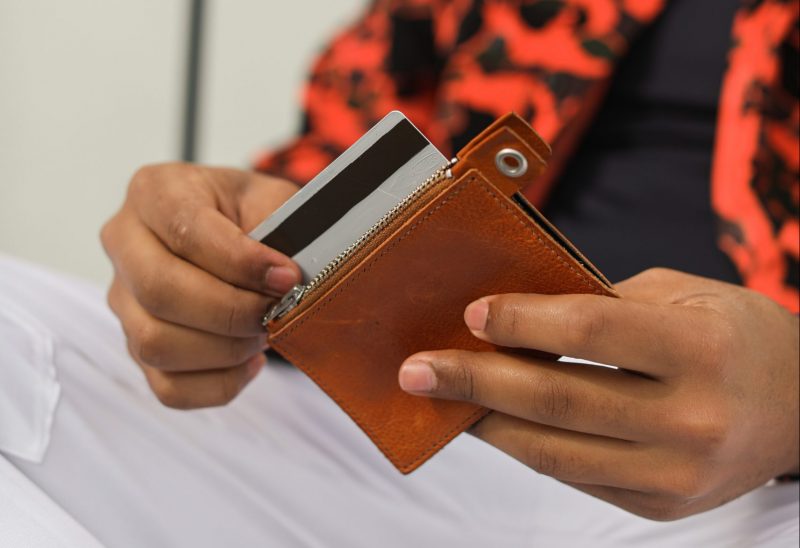68% of UK adults have at least one credit card. Given the popularity of spending with credit cards, we thought it was a good idea to assess some of their advantages and drawbacks.
What is a Credit Card?
You can get a credit card from a bank or financial services company. This card allows you to borrow money from them in order to pay for goods and services. The understanding is that you will later pay back the money you owe, often with the addition of interest.
Your card has a credit limit set on it, which is the maximum amount of money you can owe at one time on that card.
Advantages of Credit Cards
If used responsibly, credit cards can act as a good tool for building your credit score. An improved credit score then means you are more likely to be approved for loans in the future. For example, if you’re trying to buy a house and you have a good credit score, you’re more likely to be given a mortgage and access more competitive interest rates.
Credit cards can also enable you to spread out costs of big purchases. Rather than saving up money to pay for something expensive in one lump sum, you might prefer paying for it in monthly instalments.
Under Section 75 of the Consumer Credit Card Act, you are entitled to purchase protection with your credit card. Therefore, if you use your card to buy goods or services costing between £100 and £30,000 and the item is faulty, broken or never turns up, you can claim back what you paid through your credit card provider.

Things to Watch out for
With a credit card, you should always try to pay back more than the minimum payment or you will end up stuck making repayments for a long period of time. The longer you are in debt, the more you will end up cumulatively paying due to the addition of interest.
Keep an eye on the interest rate as it might change, meaning you could end up being charged more than you thought you would.
It can be easy to fall into a cycle of debt if you don’t use a credit card responsibly. If you fail to repay what you owe, your debts can rack up really quickly. For more help on how to avoid getting into debt, click here.
Watch out for extra fees. Some credit card providers may have extra charges if you miss a payment or exceed your agreed credit limit. It’s a good idea to make sure you’re aware of what exactly you are signing up for if you get a credit card.
Avoid withdrawing cash from an ATM machine with your credit card as you will be charged for doing so which can make it very expensive. Withdrawals with a credit card will also be recorded on your credit report, where they stay for 6 years. Therefore, if you’ve done it a few times it might make lenders assume you have used your credit card as you don’t have enough cash in your current account. This might mean you’re less likely to be approved by lenders in the future.
Don’t apply for multiple credit cards in a short amount of time as each credit card application will be recorded on your credit report. Many applications may lead lenders to think you seem desperate for credit and thus incapable of managing your personal finances.